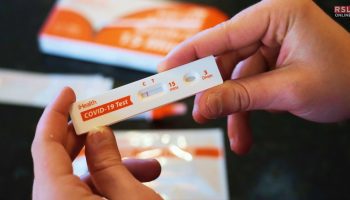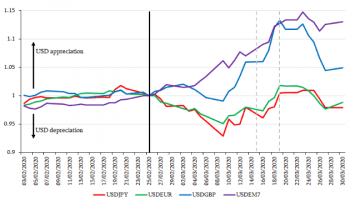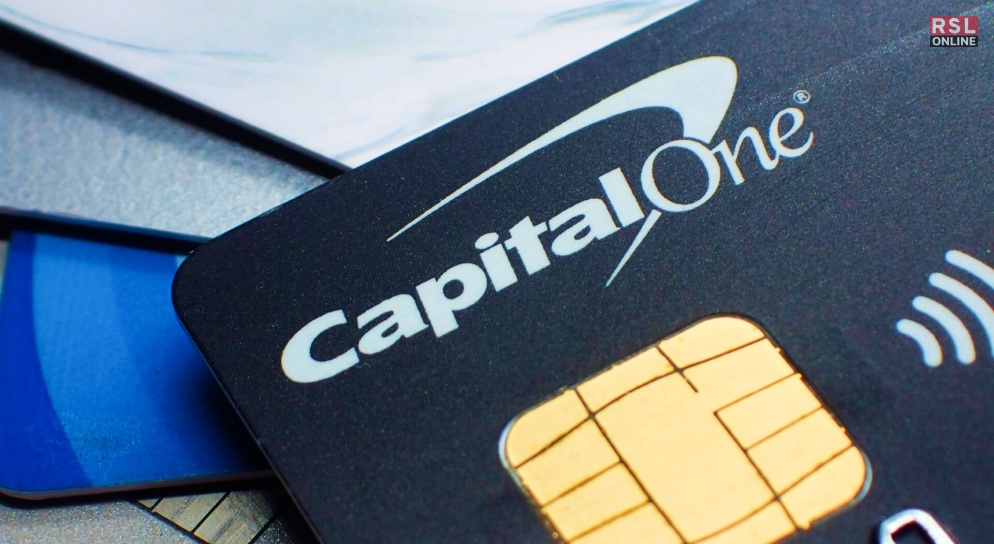Capital One has reported a noticeable increase in the delinquency rate within its domestic card business during the third quarter, with figures now mirroring pre-pandemic levels. According to a presentation released alongside Capital One’s quarterly earnings call on October 26th, the 30-day performing delinquency rate in the domestic card business reached 4.3% for the quarter ending September 30.
This represents an uptick from the previous quarter’s 3.7% and a significant rise from the 3.0% recorded a year ago. According to reports published, the net income of Capital One for the third quarter was $1.8 billion.
Capital One’s Chairman and CEO, Richard Fairbank, addressed the situation during the call, noting that “domestic credit card results continue to normalize from the historically strong results we saw during the pandemic.” He emphasized that both the monthly delinquency rate and the monthly charge-off rate are now modestly above 2019 levels.
During this quarter, the purchase volume in the domestic card business reached $155 billion, slightly surpassing the previous quarter and marking a 6% increase from the same period in 2022, according to the presentation.
The allowance for losses in Capital One’s credit card portfolio amounted to $11.3 billion in the third quarter, signifying a 7.7% ratio, similar to the previous quarter but up from 6.9% a year ago. It’s noteworthy that this figure remains below the 10.5% recorded at the end of 2020.
In the third quarter, 69% of customers in the domestic card business had a FICO score of at least 660, slightly down from the 70% recorded in the same period in 2022, as per an earnings release issued on Thursday.
Regarding the health of consumers and the impact on different FICO score segments, Fairbank mentioned that delinquencies across all segments have returned to pre-pandemic levels and are starting to stabilize.
Furthermore, the presentation revealed that compared to a year ago, auto loan originations decreased by 10%, average deposits increased by 12%, and credit card period-end loans were up by 16%.
Summing up the quarterly results, Fairbank stated, “In closing, we continued to deliver solid results in the third quarter. We posted another quarter of strong top-line growth in domestic card revenue, purchase volume and loans. The pace of domestic card delinquency normalization slowed. We grew consumer and total deposits. And we added liquidity and capital to further strengthen our already strong and resilient balance sheet.” This report reflects Capital One’s ongoing efforts to navigate evolving economic conditions while ensuring the stability of its financial services.
Read Also:




























